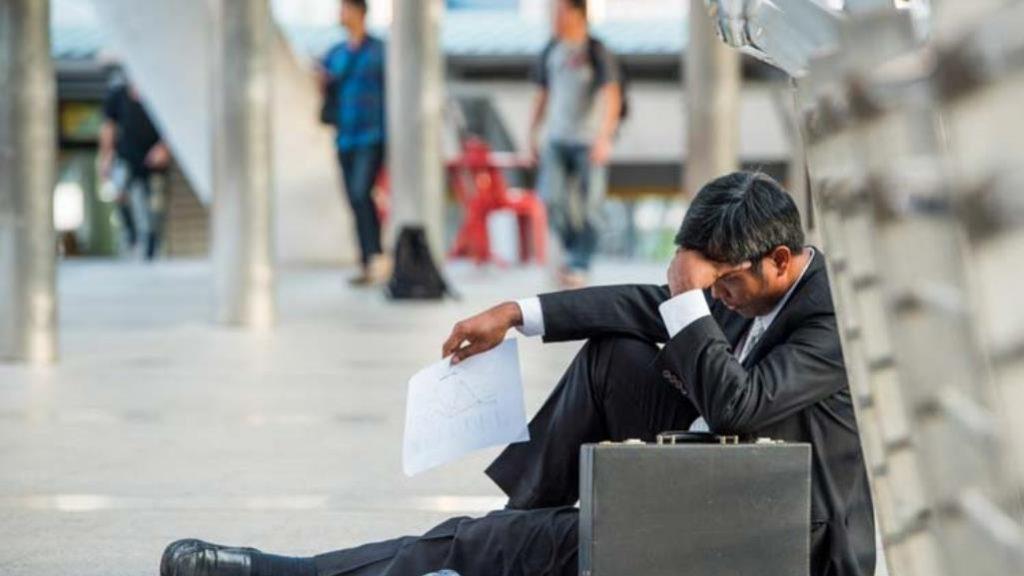The crisis created by the coronavirus COVID-19 will have far-reaching effects on the labor market, according to a first evaluation by the International Labor Organization: it is estimated that between 5.3 and 24.7 million people will lose their jobs. Compared to the 2008-2009 global financial crisis, global unemployment increased by 22 million.
Job declines also lead to huge loss of earnings for workers. The study estimates that these will be between 860,000 million and 3.4 billion dollars at the end of 2020. This will translate into falls in the consumption of goods and services, which in turn will affect the prospects of companies and economies.
All this will lead to a significant increase in working poverty, since “the pressure on income resulting from the decrease in economic activity will have a devastating effect on workers who are near or below the poverty line.”
The International Labor Organization estimates that worldwide, between 8.8 and 35 million more people will be in working poverty, compared to the original estimate for 2020 (which predicted a decrease of 14 million globally).
In addition, an exponential increase in underemployment is expected, since the economic consequences of the virus outbreak will translate into reductions in working hours and wages.
The most vulnerable
The employment crisis will affect certain groups disproportionately and will exacerbate inequality.
Among the most vulnerable are:
-People with underlying health conditions and older people who are at increased risk of developing serious health problems
-Young people, who already face higher unemployment and underemployment rates, are more vulnerable to falling labor demand, as observed during the global financial crisis
-Older workers can also suffer an economic impact. After the MERS outbreak, they were found to be more likely to experience higher rates of unemployment and underemployment, as well as decreased hours of work.
-Women who are overrepresented in the most affected sectors (such as services) or in occupations that are in the front line of the fight against the pandemic. The ILO estimates that 58.6% of employed women work in the service sector worldwide, compared to 45.4% of men. Women also have less access to social protection and will bear a disproportionate burden of the so-called care economy, in the case of closing schools or care systems.
-Unprotected workers, including freelancers, casuals and contract workers, are likely to be disproportionately affected by the virus, as they do not have access to paid or sick leave mechanisms, and are less protected by conventional social protection mechanisms and other forms of income smoothing.
-Migrant workers are particularly vulnerable to the impact of the COVID-19 crisis, which will limit their ability to access their workplaces in destination countries and return to their families.
Quick and coordinated policy responses
“It is not just a global health crisis, but also a major economic and labor market crisis that is having a huge impact on people,” says ILO Director-General Guy Ryder.
“In 2008, thanks to the fact that the world made a common front in the face of the consequences of the global financial crisis, the worst was avoided. The current situation requires that kind of leadership and determination,” he added.
“In times of crisis like the one we live in, we have two key tools that can help mitigate the damage and restore public confidence. First, active social dialogue between workers, employers and their representatives is vital to build public confidence and support for action to overcome this crisis. Second, international labor standards provide a proven basis for policy responses that focus on a sustainable and equitable recovery. that in this difficult moment everything possible should be done to minimize harm to people, “said Ryder.


